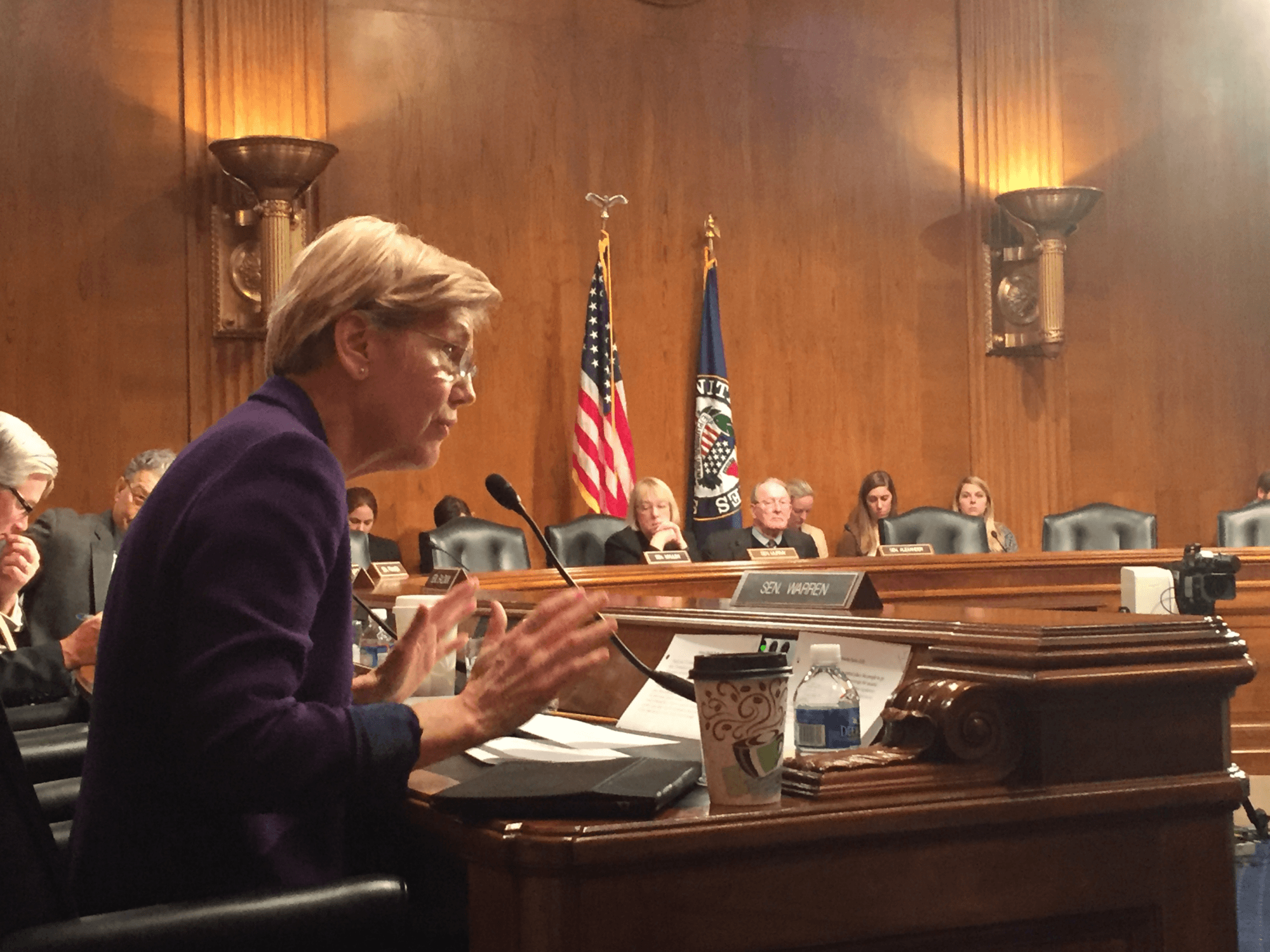WASHINGTON — American senior citizens are lacking the crucial information they need to navigate crucial healthcare benefits, experts said at a Senate hearing on Wednesday.
“People’s lives are changing, and they need to be educated or they will fall through the cracks,” said Sharon Hill, a volunteer with APRISE, Pennsylvania’s state health insurance assistance program.
Older Americans are living longer than ever before. Nationally, one in four 65-year-olds will live past 90, and one in 10 is expected to live past 95. Of those older adults, over 85 percent have at least one chronic health condition.
As a result, more and more Americans are becoming eligible for Social Security benefits and Medicare. But the bureaucratic maze that often accompanies it can be daunting to older adults, said Sen. Susan Collins (R-Maine), the chairwoman of the Senate Special Committee on Aging. Limited enrollment windows and penalties for signing up late are among the barriers they face when accessing resources, she added.
When Hill, 63, started volunteering, she was on Medicare due to a disability. Even after she had gone through the process of signing up for the program, Hill told the Senators she learned much more about the program during her volunteer training sessions — information she would have been able to use when she needed the service for herself.
Hill said that in her new position, she hopes to provide other seniors with the information they need to successfully sign up for Medicare, especially because she would have benefitted from it personally. She said she and other volunteers in various state health insurance assistance programs – known as “SHIP” programs — act as advocates for people navigating a challenging system.
“I wish I would have known about these resources sooner, because had I known that programs like this existed I don’t think I would have faced the hardship that I described,” said Hill.
Assisting SHIP programs is a focus of the Social Security Administration’s national office as it prioritizes local outreach to older adults, said Jim Borland, the acting deputy commissioner for communications at SSA. He said the agency provides specific breakdowns of demographics to the SHIP programs in various states, so that outreach can be more effective on a local level.
Borland also said many SSA officials refer applicants directly to SHIPs for assistance in picking plans and understand their coverage options.
Over the past two years, over seven million people on Medicare received assistance through a SHIP, said Anna Maria Chavez, the chief strategy officer for the National Council on Aging. She said that over the past decade, the individualized assistance offered by SHIPs has almost tripled.
“Americans want help navigating life after 65,” Chavez said, adding that the “scale of support” that SHIPs offer goes beyond what agents or brokers can do.
Sen. Elizabeth Warren (D-Mass.) stressed the importance of adequately funding Social Security, saying that cuts to the agency have resulted in staff shortages, field office closures and longer wait times. Members of the Senate Appropriations Committee have proposed cutting its administrative budget by $492 million, which amounts to four percent of SSA’s operating budget.
“Social Security and Medicare are contracts we have made with each other. Americans have paid into Medicare on the understanding that the government would be a good steward of their money and that they would have the protection available when they need it,” Warren said. “The government cannot be a good steward of Social Security and Medicare if it does not have the money to run the Social Security offices.”
As government agencies try to help enrollees decipher their programs, nonprofit organizations are pitching in with their own efforts. To help older adults understand their Medicare benefits, NCOA has launched an initiative aimed at improving how seniors interact with the system and a website which aims to make it easier for them to choose a plan.
The initiative, launched in 2014, has provided its initial findings to the Centers for Medicare & Medicaid Services. NCOA also runs benefit enrollment centers where older adults can seek help to understand complicated government programs like Medicare.
Chavez said NCOA works very closely with SHIPs across the country to provide the most comprehensive information to those looking to enroll in Medicare.
“It’s going to take many different points of contact with the senior to ensure they really understand their benefits,” Chavez said.

